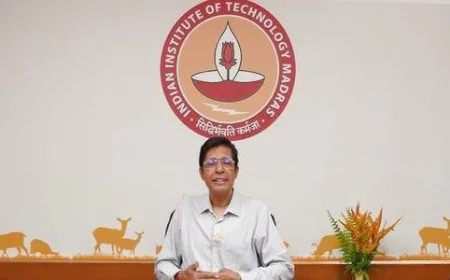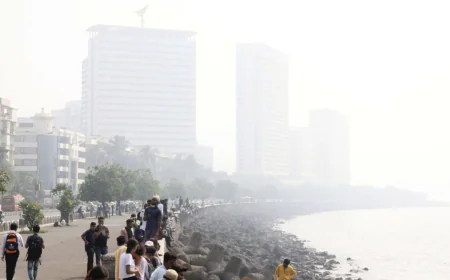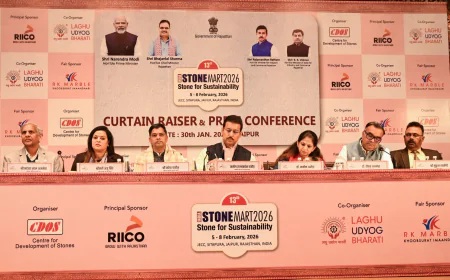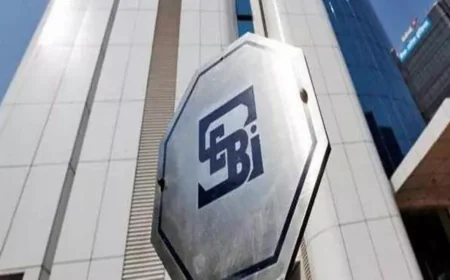Finance Ministry's monthly report: India's position better than other countries; But fear of inflation remains
Finance Ministry's monthly report: India's position is better than other countries with better economic growth, but the fear of inflation remains

The Finance Ministry released its latest monthly economic report on Saturday (22 October). In this report for the month of September, the ministry said that India's concerns regarding growth and stability are less than other countries. In this report of the ministry, India's economic growth has also been projected to be above 6% in the medium term.
The Finance Ministry report said that there remain concerns about the global energy crisis and supply chain. The increase in global conflicts could again increase the pressure on the supply chain. Because of this, inflation may increase instead of decrease in 2023. On the one hand, the Federal Reserve remains aggressive in its fight against inflation, indicating further interest rate hikes. This can reduce capital flow.
The pressure on the rupee may increase and imports of essential commodities may become costly. This can increase inflation. The Finance Ministry says that of course, India is facing problems on the global economic front. But, with better economic growth, India's economic condition is better than other countries. Concerns related to India's economic growth rate and its stability are less worrying than other countries of the world.
The report said that the domestic investment cycle, which started after a long wait, will accelerate once geopolitical conflicts and monetary tightening subside. Corporate and bank balance sheets in India are ready for this. After years of development, India's public digital infrastructure is poised to deliver major results in financial access.
The report also noted that India's attractiveness as an investment destination has increased over other countries following recent global developments. This year India will be the fastest-growing economy in the world. That too is when concerns are being raised about the growth of the global economy due to the Russia-Ukraine conflict, high cost of living, increasing energy crisis and monetary tightening.
The report said that measures to create growth potential in the economy after at least half a decade of financial stress and then the corona epidemic will show results. It would be difficult for the world to ignore these consequences. Looking at the growth in the first six months of this financial year, it seems that the government's measures to increase the per capita expenditure are paying off. The government's capital expenditure till August was 46.8% higher than the same period a year ago.
The jump in food prices was a major contributor to the rise in retail inflation in September. If there is no negative weather news, retail inflation is expected to moderate for the rest of this year, which will also bring down overall retail inflation. However, inflation may be affected by geopolitical developments. The picture of crude oil prices remains uncertain.
According to the report, supply chain pressure may increase in the event of geopolitical tensions, which have eased somewhat recently. If this happens, inflation may increase instead of decrease in 2023. Retail inflation in India stood at 7.2% in six months, compared to 8% globally.
On the other hand, the rupee depreciated 5.4% against the US dollar, lower than the 8.9% percent fall in the six major currencies. The report said that the Reserve Bank of India (RBI) has taken several steps during July 2022, which are expected to further stabilize capital flows, which will strengthen the rupee.



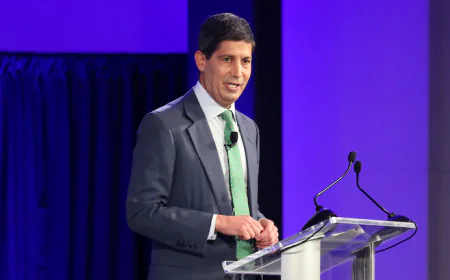
































.jpeg)























